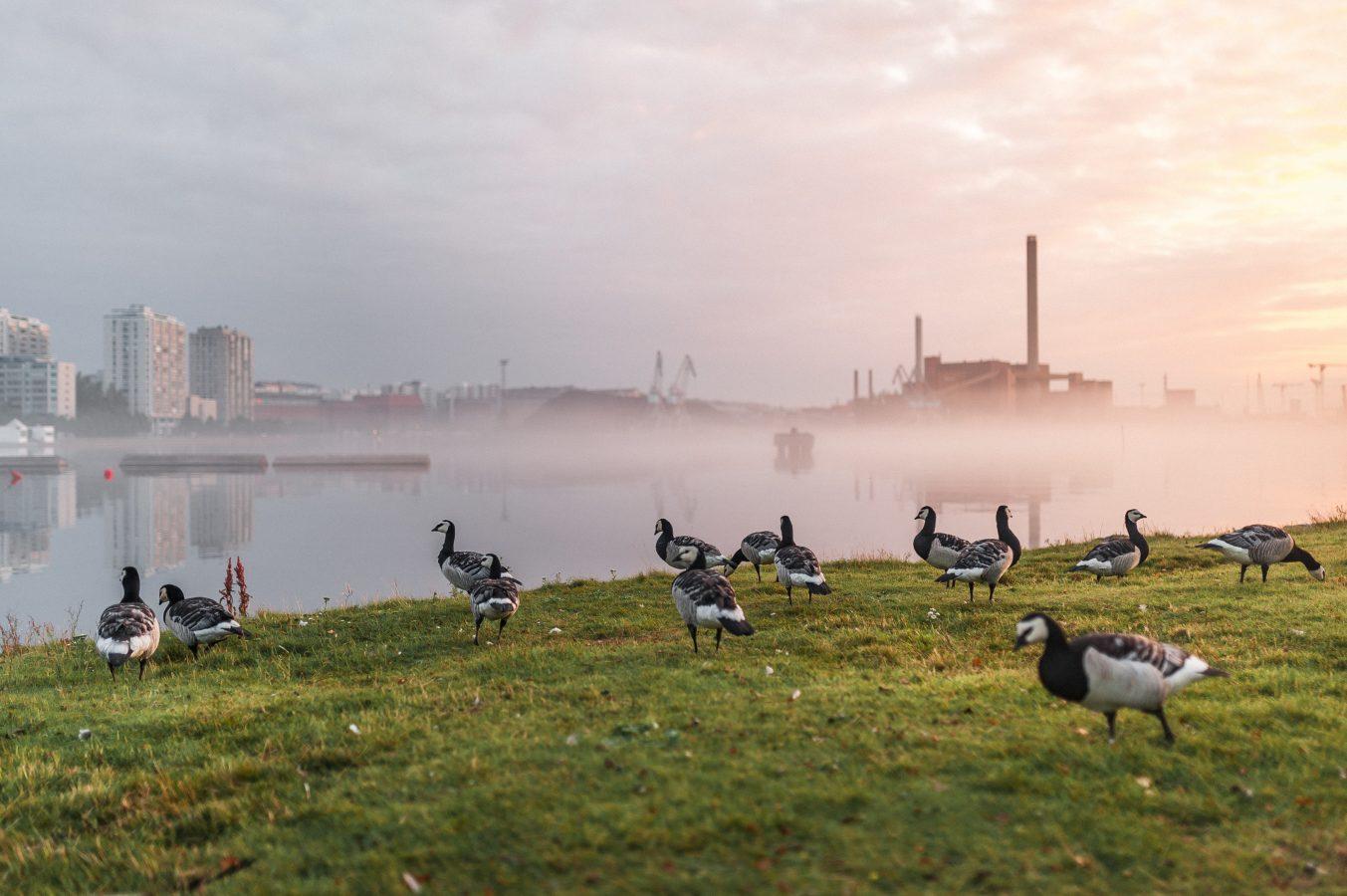Helsinki is preparing to hold an international competition, Helsinki Energy Challenge, which seeks a replacement for coal in the city’s heating that is as sustainable as possible and uses as little biomass as possible.
The city has set a goal of becoming carbon neutral by 2035. Currently, approximately 56 per cent of the carbon dioxide emissions in Helsinki come from the production of heating energy. Achieving carbon neutrality will require a significant reduction in heat production emissions.
The power plants that use coal are located in Hanasaari and Salmisaari. A decision has been made to close down the power plant in Hanasaari by 2024. The coal-based production must also end in Salmisaari by 2029.
According to the current plans, a significant portion of the heat produced with coal will be replaced with production based on biomass. However, biomass is only emission-free mathematically and will also not be able to solve the global climate problem due to its limited availability. Furthermore, using biomass would likely cause logistic challenges. Therefore, responsible long-term energy solutions must be based on other, emission-free modes of production. Helsinki is seeking responsible solutions with long-lasting effects.
The city’s energy company Helen has already made plans to find alternative solutions to coal and has identified some partial solutions. However, an ideal combination of solutions for the city has yet to be discovered.
An open competition to find new solutions
The City of Helsinki wants to find new solutions to produce heat without emissions, without coal and with as little biomass as possible. An international competition, Helsinki Energy Challenge, is being prepared, and its purpose is to seek new innovations, technologies and solutions to be used in Helsinki’s future heat production. The prize is one million euros.
The competition is intended to provide all operators with an equal opportunity of having their solutions evaluated under a uniform set of criteria and to encourage interdisciplinary and innovative interaction. The competition is open to all: Finnish and foreign companies, research institutes, universities and consortiums of different operators.
In addition to this, Helsinki will challenge other cities to find ways of achieving emission-free heat production. The hope is that the operating models gained through the competition will also benefit other cities.
‘Climate change is the greatest challenge of our generation, and Helsinki is at the front line combating it. The solutions that we find through the Helsinki Energy Challenge competition will also benefit others outside of Helsinki, both in Finland and abroad. Our partners will play a vital part in reaching this goal. The C40 Cities Climate Leadership Group is already providing support to our project during its preparation phase. Furthermore, the World Economic Forum is taking part in the work alongside Helsinki,’ says Mayor Jan Vapaavuori.
The competition is planned to last for roughly one year. The start date and registration instructions will be published later.
The website energychallenge.hel.fi contains background information on Helsinki’s current heating system, so that those interested in participating can begin their preparations. The competition organisers also welcome feedback.

